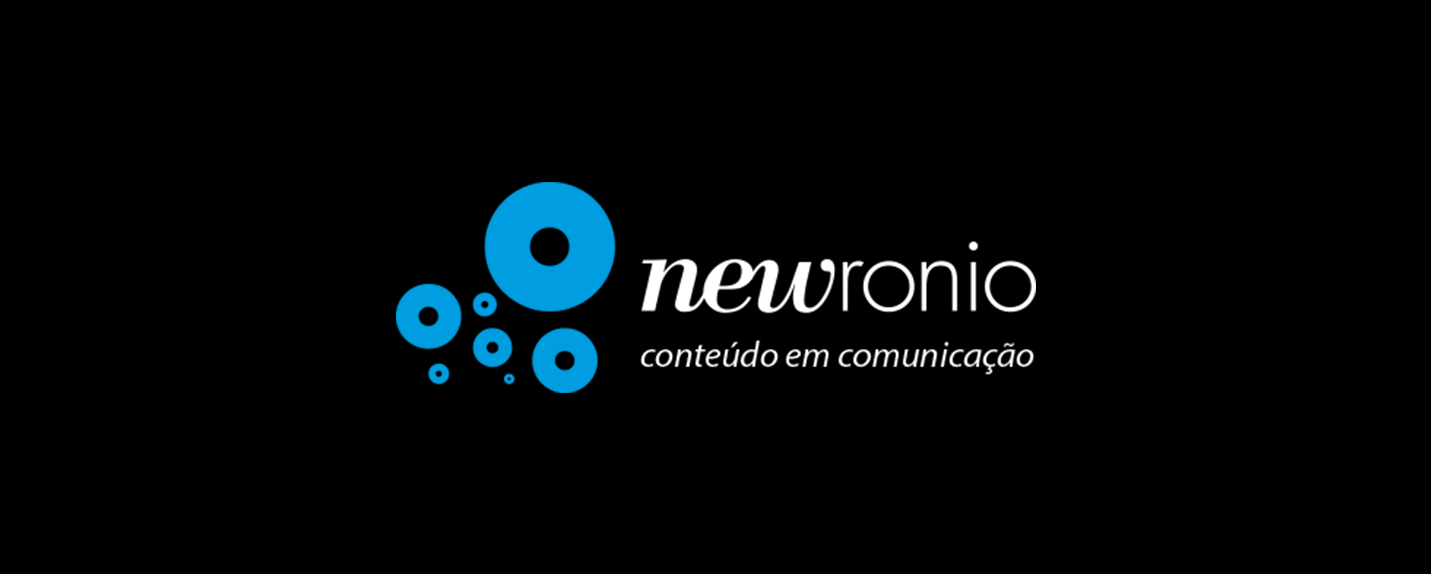
The Web Trend Map 2009.
There is something as Too Much Information, how have we changed the way we navigate the web and what are the changes that will come? See this Newronio trend report on Surfing the web by Hanna Back.
Its been 20 years since the internet was released to the masses and a lot has change. Human interactions, information sources, communication channels have all been dramatically influenced by the internet, even now we are still on an going process of transforming the endless information flow into valuable knowledge and how we navigate the web is an key part for it.
To make it more understandable:
Early 90’s were all about content portals : Yahoo, Altavista, AOL, Starmedia,
Mid 90’s Websites on niche content. Geocities and Angelcity with amateur content.
2000-on Direct URL’s surfing driven by advertising.
2003-on Links! Surfing under the recommendations of the links that websites gave us. Website Directories.
2005-Google search results sorted by Keywords, links and page rank to make some sense out of the web. Bookmarking/RSS mania trying to save what is useful on the internet.
2006-2007 Social recommendations. Digg/del.i.cious(2005)/relying on other users to tell us what is hot.
Random? Stumble upon is a browser embedded service (2007) which offers random websites results related on the categories you choose. Omegle is a chat service which offers random strangers to talk to each other without a nick. Maybe chaos could be the new order in such massive amount of information.
2009-Where are we now?
First: The devices from where we navigate the web are not committed to a computer or a single place, mobiles and laptops have made possible to access it from anywhere with a wi-fi connection. The implications for that mobility are that actually the information we received not only help us to surf the web but also the real world. Wayn, Google street view are clear example of it and we saw other applications in this TED presentation:
On this pursue to give sense to the real world, both content and surfing must focus into Geo-referenced information, going extra local to satisfy users.
Second: Because content is infinite and time is not, the search engine strategy have tune up to provide more satisfying results, Google did it with the Google Suggestions tools (which still need refining its search under location factors) and Kosmix a search engine has done a great job providing content on a several categories related only on the keywords you choose.
Third: There will be a growing number of internet users by mobile, bad news: we don’t get the 1024 x 768 screen, unlimited broadband internet, qwerty keyboard , a mouse or iPhone features in all mobiles, so surfing the web will change. Probably will mean: surfing with less buttons or no buttons at all, more natural web navigation (because in the mobile there is always a upcoming call and there is no time to waste) and ready to use information.
By Hanna Back, April 27th, 2009.
Let’s Tweet: @HannaIsBack -@NewronioESPM













Você precisa fazer login para comentar.